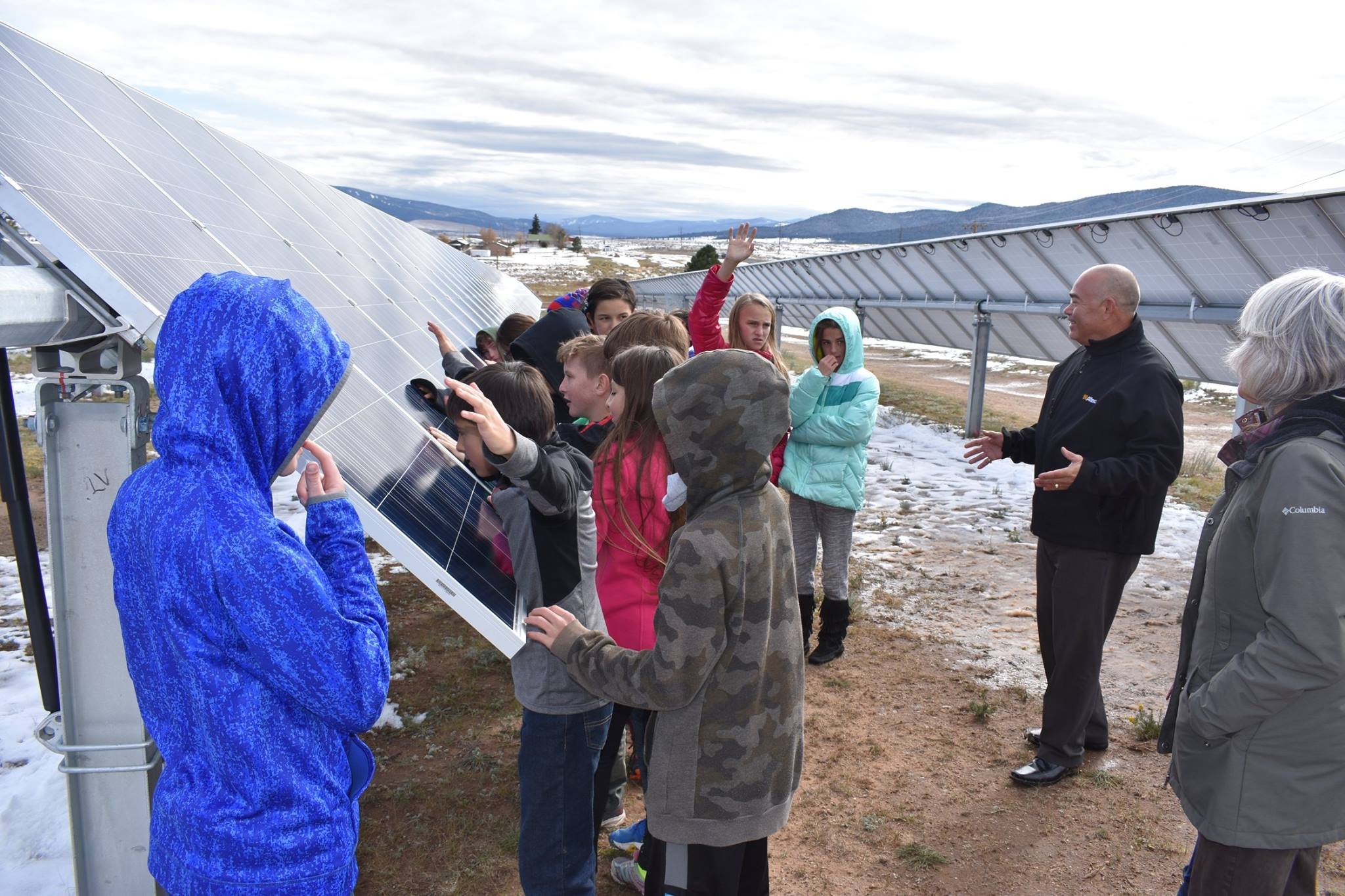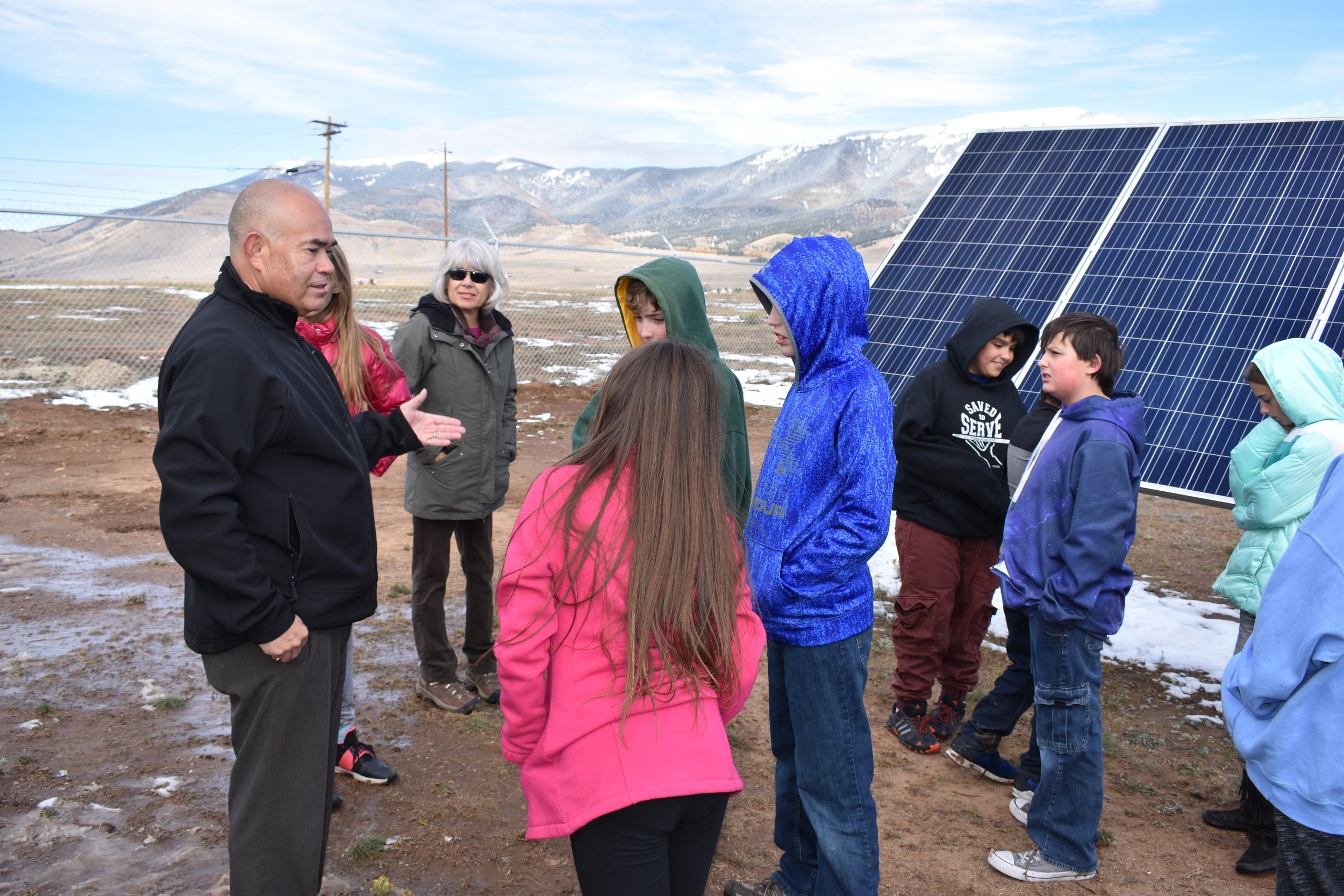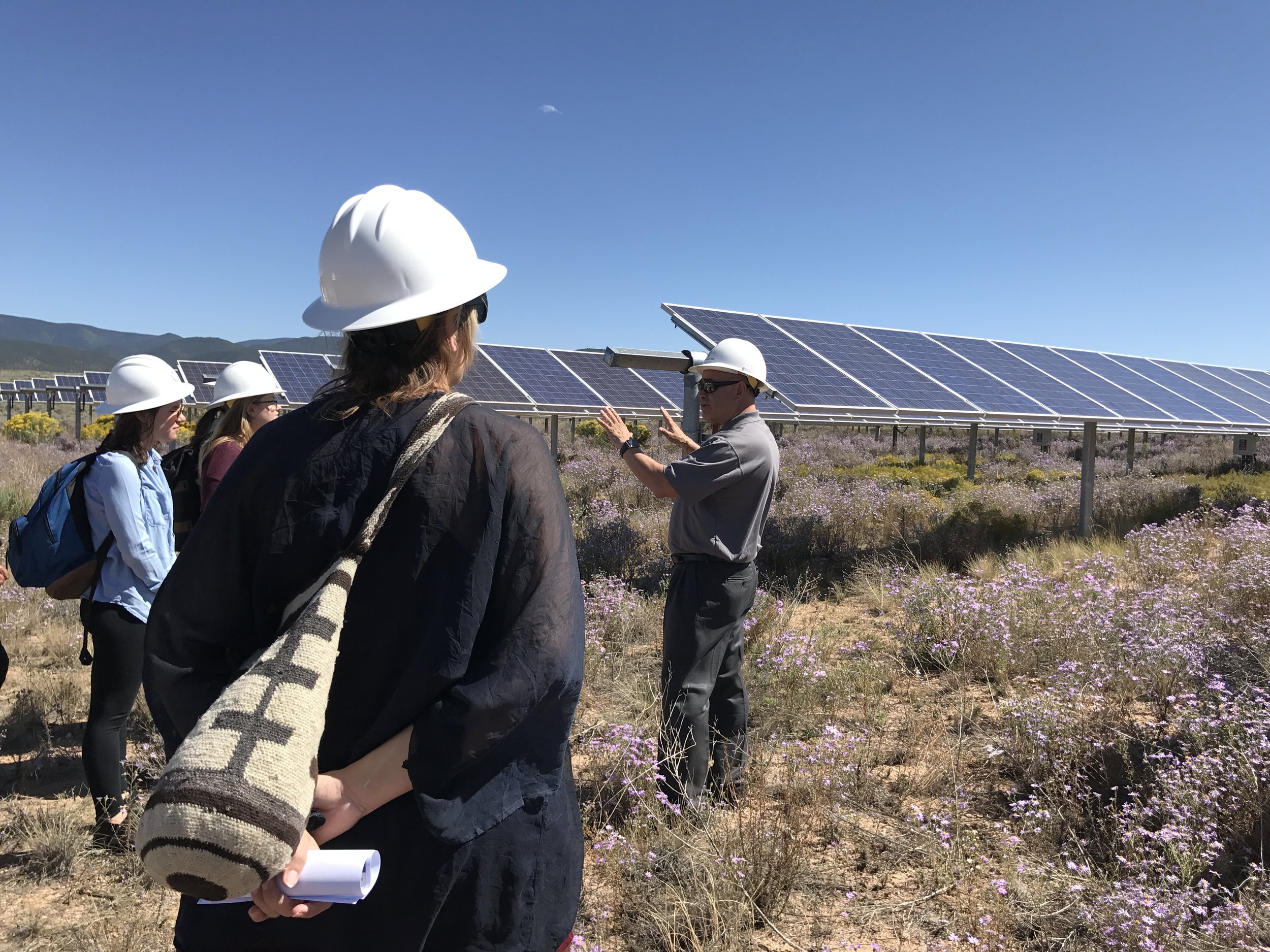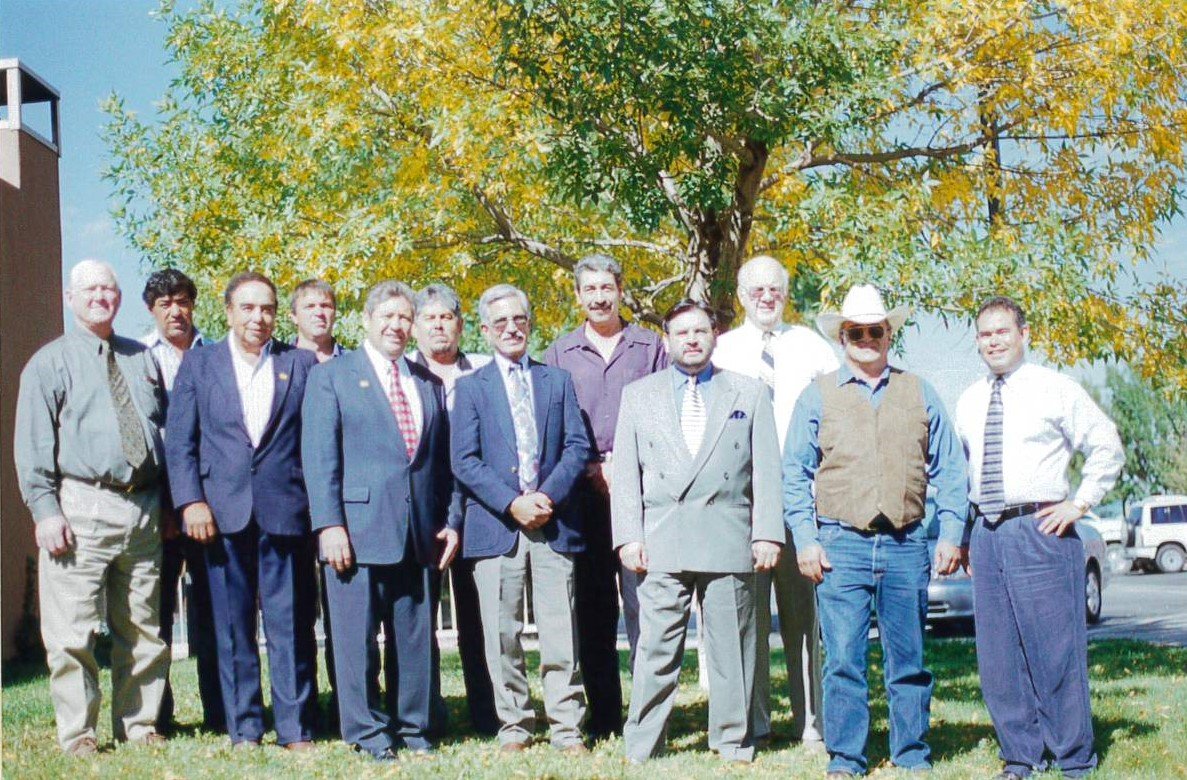The Critical Role of Hispanic Leadership in Rural Renewable Energy and Broadband Initiatives
An HECHO case study
Burning fossil fuels and extreme weather events caused by climate change disproportionally impact Hispanic communities across the United States. Almost two million Latinos live within a half-mile of existing oil and gas facilities, according to a 2016 report 2016 report by the Clean Air Task Force, National Hispanic Medical Association, and LULAC. This, combined with higher rates of poverty and being uninsured, Hispanics are 51% more likely to live in counties with unhealthy levels of ozone, and Hispanic children are two times more likely to die from asthma than non-Hispanic white children.
Since this community is on the frontlines of the climate and pollution crises, a clean energy economy must account for the needs of over 62 million Latinos in the United States, 18.7% of the country’s population and its largest minority.
A clean economy provides environmental benefits, whether through low or no-carbon energy, electric vehicles, the conservation of lands, climate-smart agriculture, or the protection of clean water sources.
To contribute to clean economy solutions and to ensure communities of color can access and economically benefit from federal investments in infrastructure and green energy, Hispanics Enjoying Camping, Hunting, and the Outdoors (HECHO) created a virtual webinar series in 2021 as a forum to engage with leaders from across the southwest and to discuss priorities and recommendations.
Based on the information collected during these discussions as well as examining the critical role of rural electric cooperatives in clean economy transitions through the lens of Kit Carson Electric Cooperative (KCEC), a member-owned electric distribution cooperative serving Taos, Colfax, and Rio Arriba counties since 1944, HECHO has created case study highlighting the tools and funding made accessible to electric cooperatives from the Infrastructure Investment and Jobs Act of 2021 and the Inflation Reduction Act of 2022 – bills that were both advocated for by our organization.
“Given historical and current disproportionate impacts of climate change and fossil fuel pollution on communities of color, including Hispanics, they must be benefiting from a clean economy. Latino leaders are also leading the way as owners and entrepreneurs with opportunities and policies that allow them to overcome systemic barriers to building wealth,” says Camilla Simon, executive director of HECHO. “KCEC, in Taos, New Mexico, is an example of Hispanic leadership and an electric cooperative serving the community and fulfilling its members’ desire for clean energy.”
All communities, including those in fast-growing rural America, deserve a clean energy future, and rural electric cooperatives provide one avenue for expanding access to responsible and reliable renewable energy.
"Today, Kit Carson Electric offers 100% daytime solar energy and broadband internet service. Every member of KCEC can get renewable energy regardless of their background, demographic, or economic status. When it comes to broadband, anyone who wants it gets a gigabit broadband connection service. We've made it available to everybody. We have accomplished the ultimate goal of making sure the less fortunate in our communities get the same benefits that anyone gets. And that's what I am most proud of," says Luis Reyes, KCEC CEO.
Today, with nearly 900 rural electric cooperatives serving 42 million people across 48 states, the federal government continues to invest in rural communities through various programs. Rural electric cooperatives have been essential for connecting and sustaining the heart of the nation with electricity and broadband.
“With the federal funding included in the Inflation Reduction Act of 2022, rural electric cooperatives will be able to meet their members’ expectations of not only keeping energy prices down but also reducing carbon emissions,” says Simon. “Federal funding is a valuable tool in ensuring America’s rural communities are not left behind, as we’ve seen throughout the history of electrical cooperatives. That is one of the reasons why HECHO had been a strong voice in advocating for the historic investments made in the Infrastructure Investment and Jobs Act and the Inflation Reduction Act.”
“Everything we’re doing can be replicated... the bigger benefit is really demonstrating that you can grow a green energy economy and that it’s run by a Hispanic-led company,” assures Reyes. “We are leading the way, and we’re attracting big partners that want to be part of this project. In the end, we’re trying to create a model that you can do anywhere in the United States.”
Read the full case study here to learn more about lessons learned during this research and how rural electric cooperatives are at the forefront of providing clean energy to communities across America.





